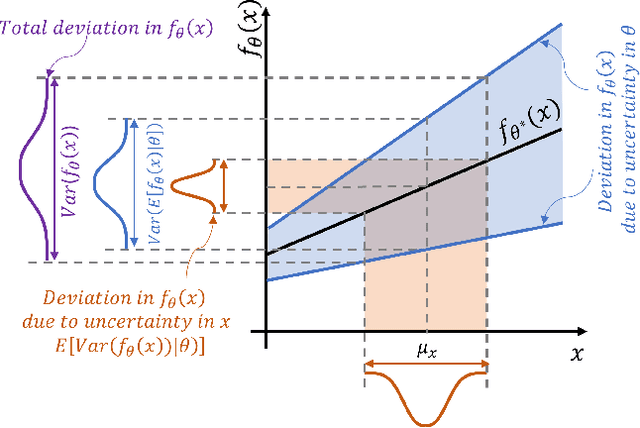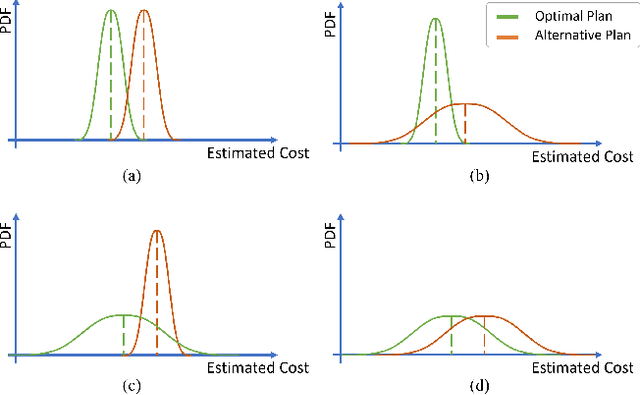Calisto Zuzarte
Roq: Robust Query Optimization Based on a Risk-aware Learned Cost Model
Jan 26, 2024



Abstract:Query optimizers in relational database management systems (RDBMSs) search for execution plans expected to be optimal for a given queries. They use parameter estimates, often inaccurate, and make assumptions that may not hold in practice. Consequently, they may select execution plans that are suboptimal at runtime, when these estimates and assumptions are not valid, which may result in poor query performance. Therefore, query optimizers do not sufficiently support robust query optimization. Recent years have seen a surge of interest in using machine learning (ML) to improve efficiency of data systems and reduce their maintenance overheads, with promising results obtained in the area of query optimization in particular. In this paper, inspired by these advancements, and based on several years of experience of IBM Db2 in this journey, we propose Robust Optimization of Queries, (Roq), a holistic framework that enables robust query optimization based on a risk-aware learning approach. Roq includes a novel formalization of the notion of robustness in the context of query optimization and a principled approach for its quantification and measurement based on approximate probabilistic ML. It also includes novel strategies and algorithms for query plan evaluation and selection. Roq also includes a novel learned cost model that is designed to predict query execution cost and the associated risks and performs query optimization accordingly. We demonstrate experimentally that Roq provides significant improvements to robust query optimization compared to the state-of-the-art.
LearnedWMP: Workload Memory Prediction Using Distribution of Query Templates
Jan 22, 2024



Abstract:In a modern DBMS, working memory is frequently the limiting factor when processing in-memory analytic query operations such as joins, sorting, and aggregation. Existing resource estimation approaches for a DBMS estimate the resource consumption of a query by computing an estimate of each individual database operator in the query execution plan. Such an approach is slow and error-prone as it relies upon simplifying assumptions, such as uniformity and independence of the underlying data. Additionally, the existing approach focuses on individual queries separately and does not factor in other queries in the workload that may be executed concurrently. In this research, we are interested in query performance optimization under concurrent execution of a batch of queries (a workload). Specifically, we focus on predicting the memory demand for a workload rather than providing separate estimates for each query within it. We introduce the problem of workload memory prediction and formalize it as a distribution regression problem. We propose Learned Workload Memory Prediction (LearnedWMP) to improve and simplify estimating the working memory demands of workloads. Through a comprehensive experimental evaluation, we show that LearnedWMP reduces the memory estimation error of the state-of-the-practice method by up to 47.6%. Compared to an alternative single-query model, during training and inferencing, the LearnedWMP model and its variants were 3x to 10x faster. Moreover, LearnedWMP-based models were at least 50% smaller in most cases. Overall, the results demonstrate the advantages of the LearnedWMP approach and its potential for a broader impact on query performance optimization.
 Add to Chrome
Add to Chrome Add to Firefox
Add to Firefox Add to Edge
Add to Edge